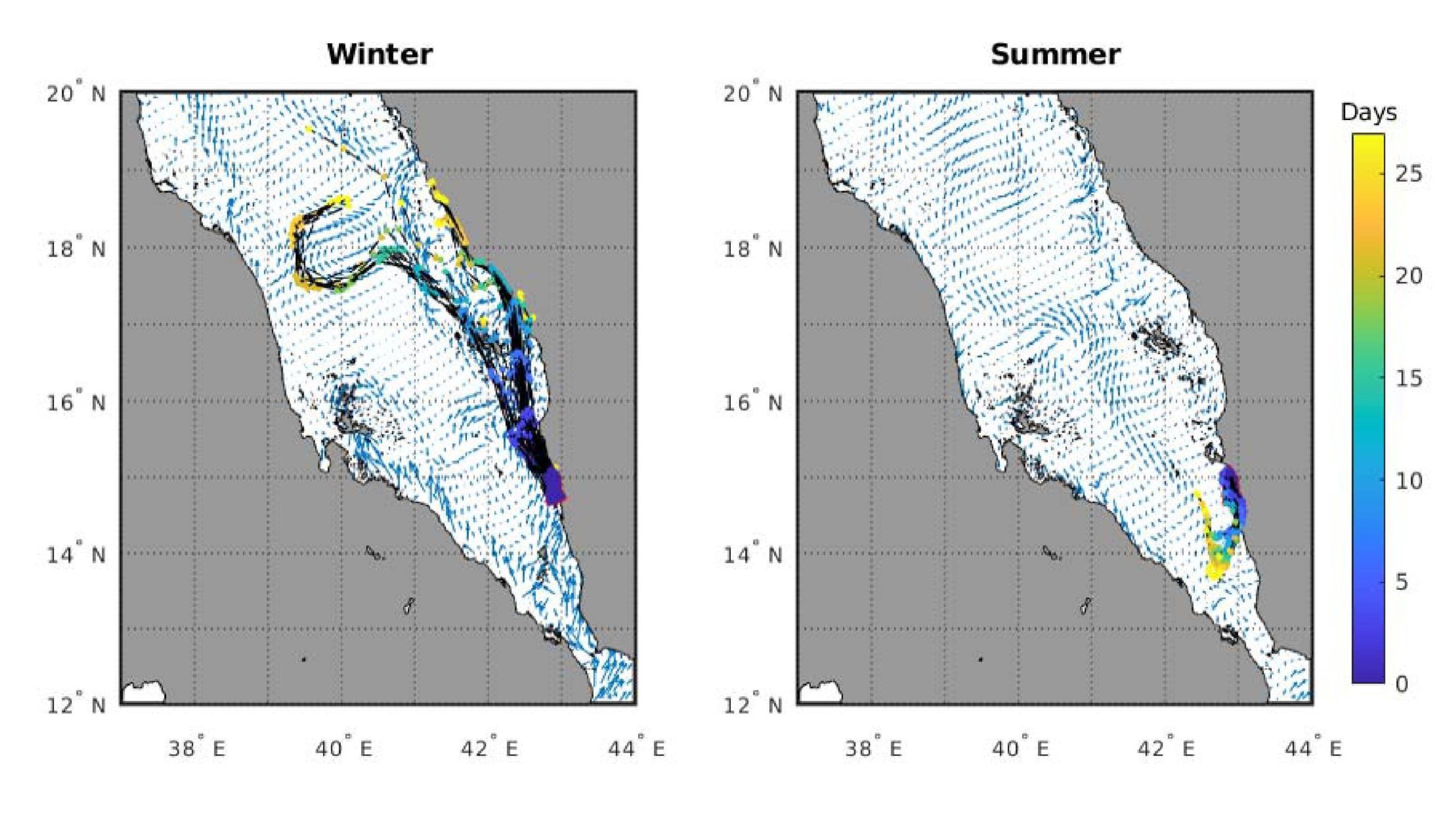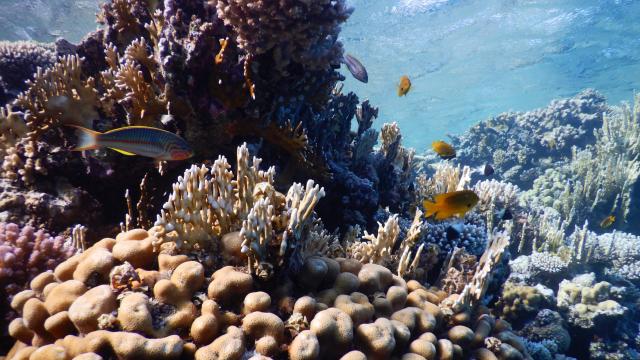An abandoned tanker carrying 1 million barrels of oil is at risk of spilling its toxic cargo into the Red Sea, a group of concerned scientists is warning.
The authors of the new policy brief, published today in Frontiers in Marine Science, are asking the United Nation and its International Maritime Organisation to address the looming threat “despite political tensions” in the region, as an oil spill would have “disastrous environmental and humanitarian consequences.”
Ironically named the Safer, the 362-metre vessel was abandoned several years ago at the contested port of Hudaydah, Yemen,which is currently being controlled by the insurgent Houthi movement. Civil war began in Yemen six years ago, in which the Houthis have been fighting a Saudi-led coalition. The Yemeni company responsible for the Safer claim they don’t have the resources required to maintain or repair the deteriorating vessel, which is currently being used as a storage and offloading unit.
An oil spill in the coming months would be particularly bad, the authors argue, as strong winter currents in the Red Sea would disperse the oil across a larger area than during the summer. Accordingly, a “regional strategy must be drafted for leak prevention and containment that is specific to the Red Sea’s unique ecosystems, unusual water currents, and political landscape,” the authors write.
The Safer is filled with approximately 1 million barrels of oil, which is more than four times the amount of oil spilled during the catastrophic Exxon Valdez disaster in 1989. The ship has been “stranded and deteriorating off Yemen’s coast since 2015, giving the world the most advanced warning ever of a major oil spill,” write the authors. “But this unique opportunity is being squandered.”
The only significant development in this matter came in late November of this year, when the Houthis granted the UN permission to inspect the tanker, which should happen in January 2021. The scientists want the oil removed from the tanker before it all leaks out in a biodiversity hot spot.

“There are over 1,000 species of fish in coastal waters of the Red Sea, of which 165 species are exclusively found in the Red Sea, with an additional 51 species restricted to the Red Sea and Gulf of Aden only,” Karine Kleinhaus, a marine biologist from the School of Marine and Atmospheric Science at Stony Brook University in New York, explained in an email. “As for coral, there are over 360 species, and about 5% of those are endemic.”
A spill has the potential to devastate marine life in the region, gut the fishing industry, and wreak havoc on shipping lanes, which could prevent humanitarian aid from reaching Yemen. The spill could be a particularly acute disaster for the Red Sea coral reefs, which are unique in exhibiting an ability to survive in very warm waters unlike corals elsewhere in the world (though they’re threatened by climate change in other ways).
“Both the immediate effects of oil settling on the shallowest reefs, or toxic elements mixing with the water column to reach deeper down, will result in massive fish and coral die offs, as well as long-term damage to reef health,” Kleinhaus said. “The oil that remains in the sand or sediment will continue to ‘dose’ the reef for many years any time it is stirred up. One can look at detailed outcomes from other oil spills to see the writing on the wall.”
The recent oil spill near Mauritius points to the acute impacts that follow immediately after a spill. But research around the 2010 BP oil spill in the Gulf of Mexico show they can linger on a decade after the disaster, including so-called “invisible oil.”
That the Safer could pour its greasy black contents into the Red Sea is a distinct possibility. In May, seawater entered into the ship’s engine compartment, and local news outlets detected an “oil spot” next to the tanker, according to the policy brief. The authors are asking the UN, the International Maritime Organisation, and oil companies to stop dragging their feet and put a plan into action before conditions worsen.
“The Red Sea’s reefs — a global treasure and a major regional economic driver — can be safeguarded in the short term with one concerted move to empty this tanker,” Kleinhaus said. “The UN and the regional governments have had five years to act, and they must stop delaying and act assertively now to pump off the oil and avoid major environmental and economic devastation.”
It’s going to be a tough sell with the civil war and global pandemic going on, but an environmental disaster would only add to the suffering. Action now could stop this from becoming a much bigger, sadder story.
